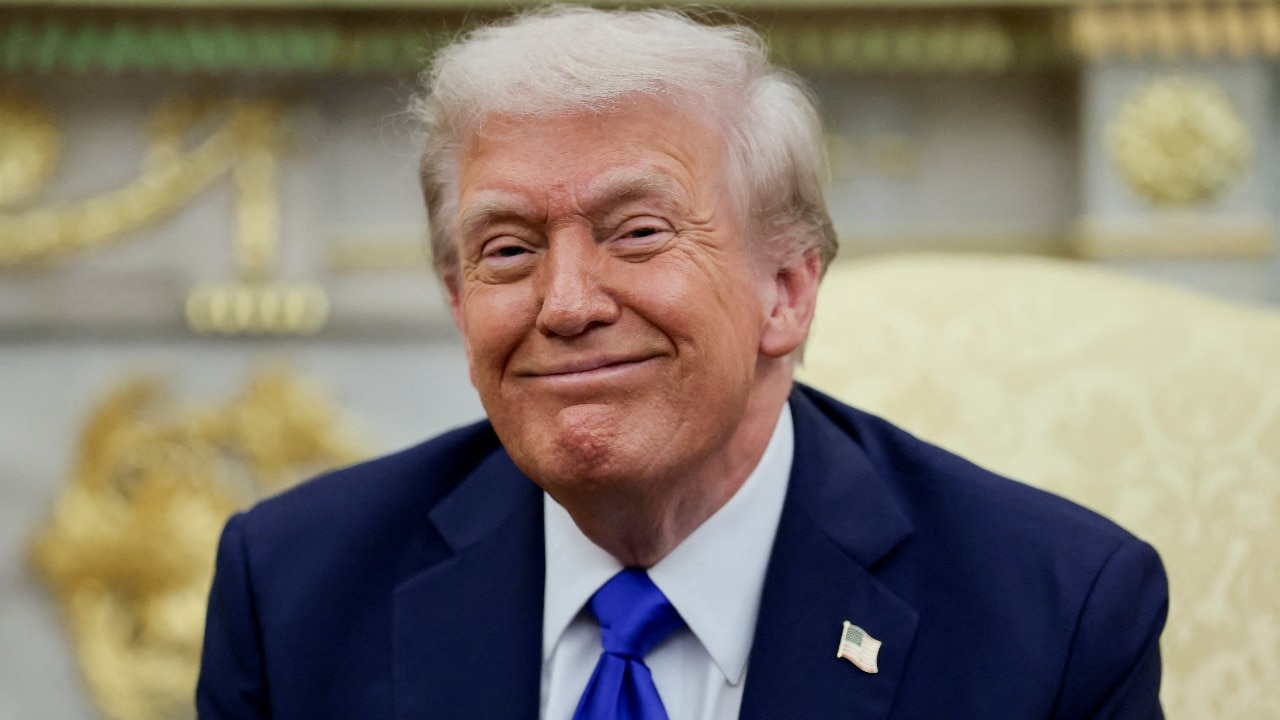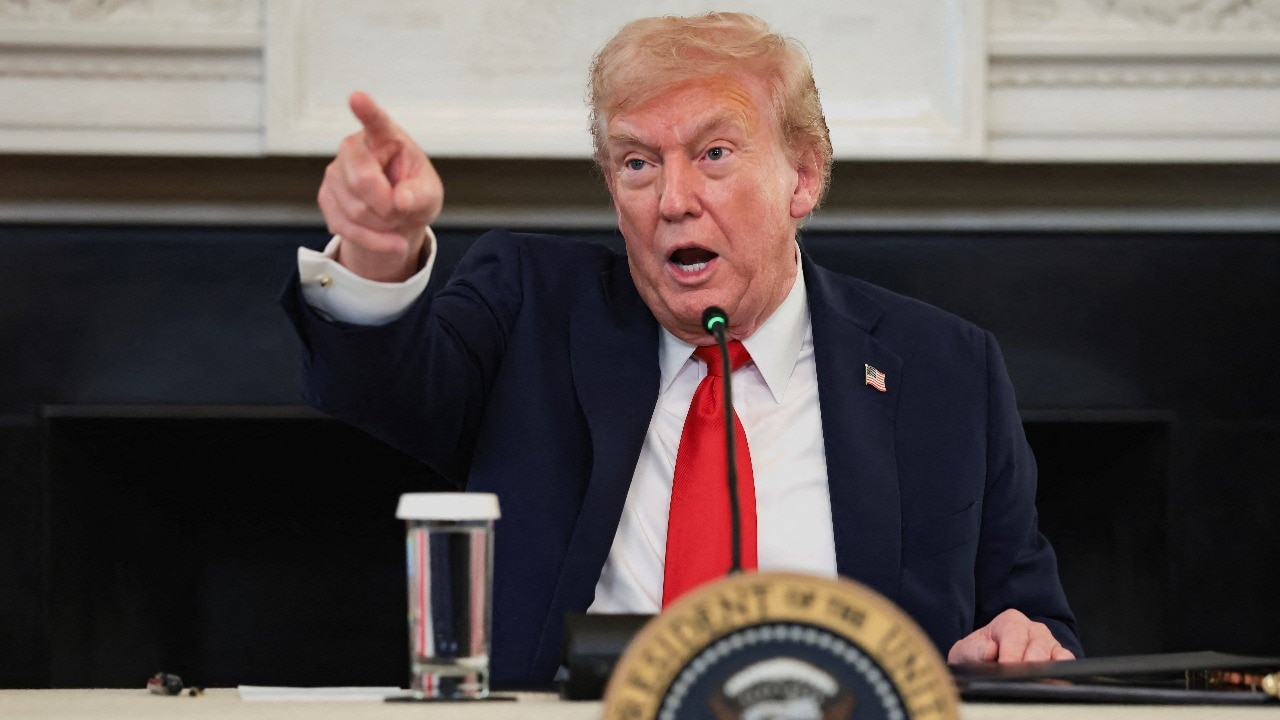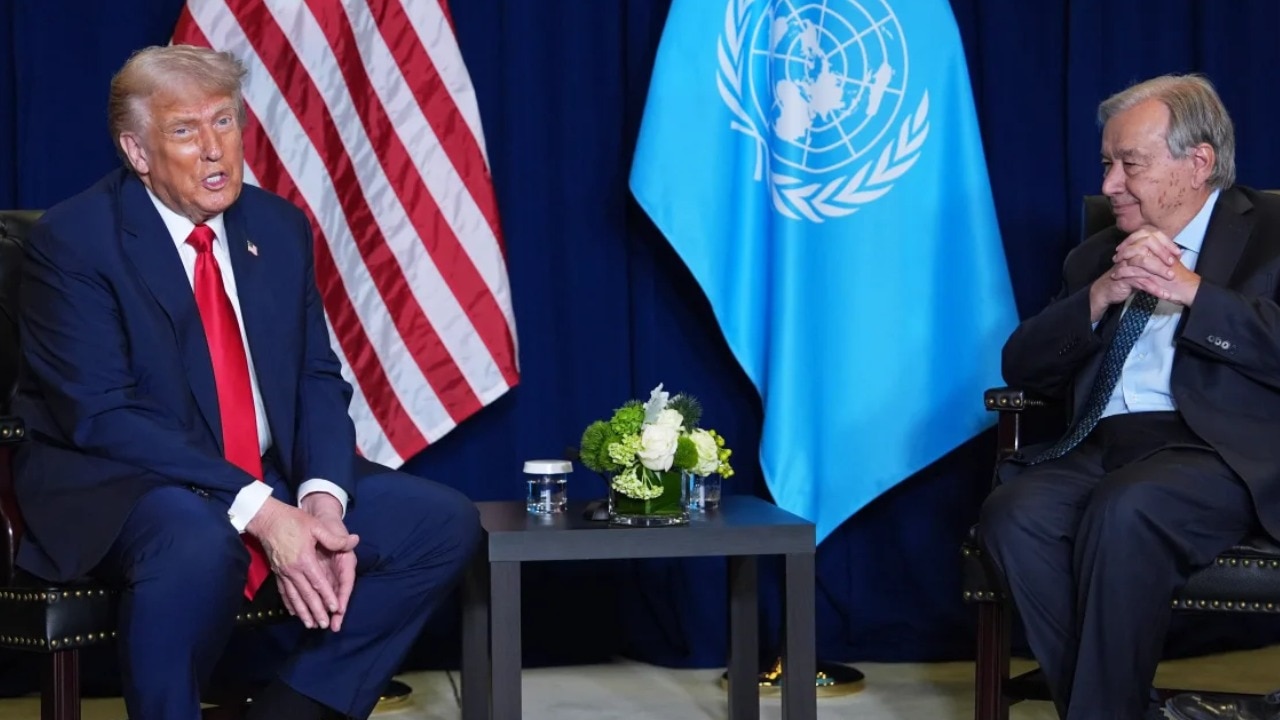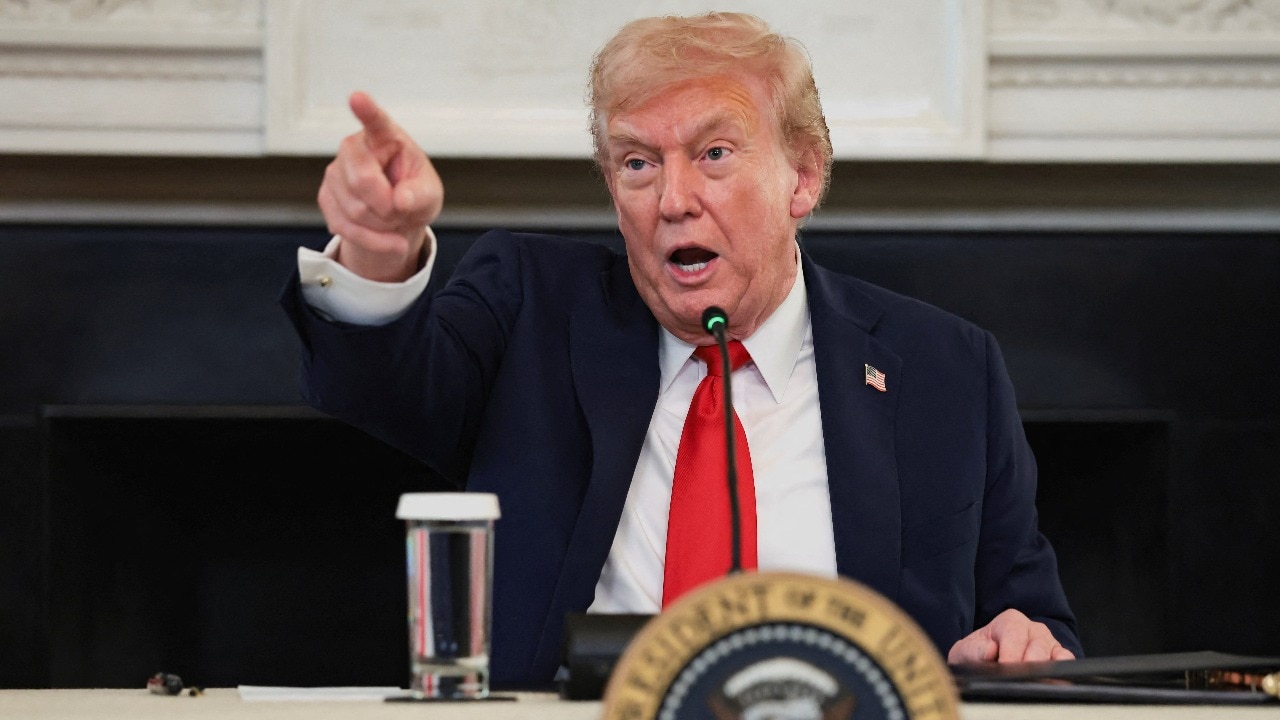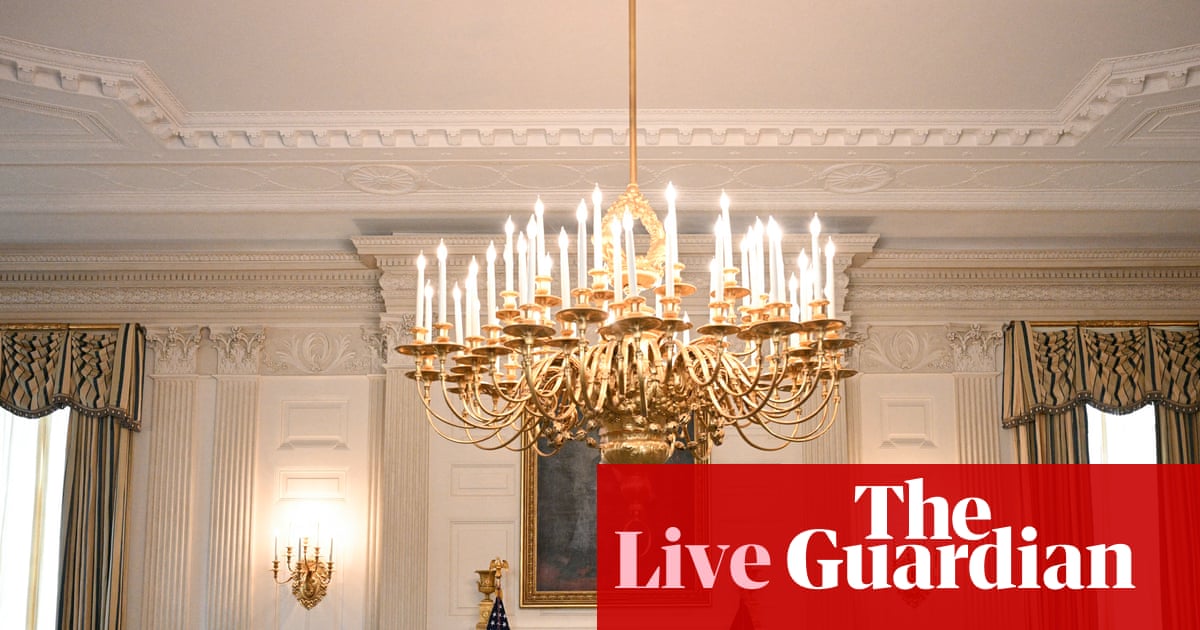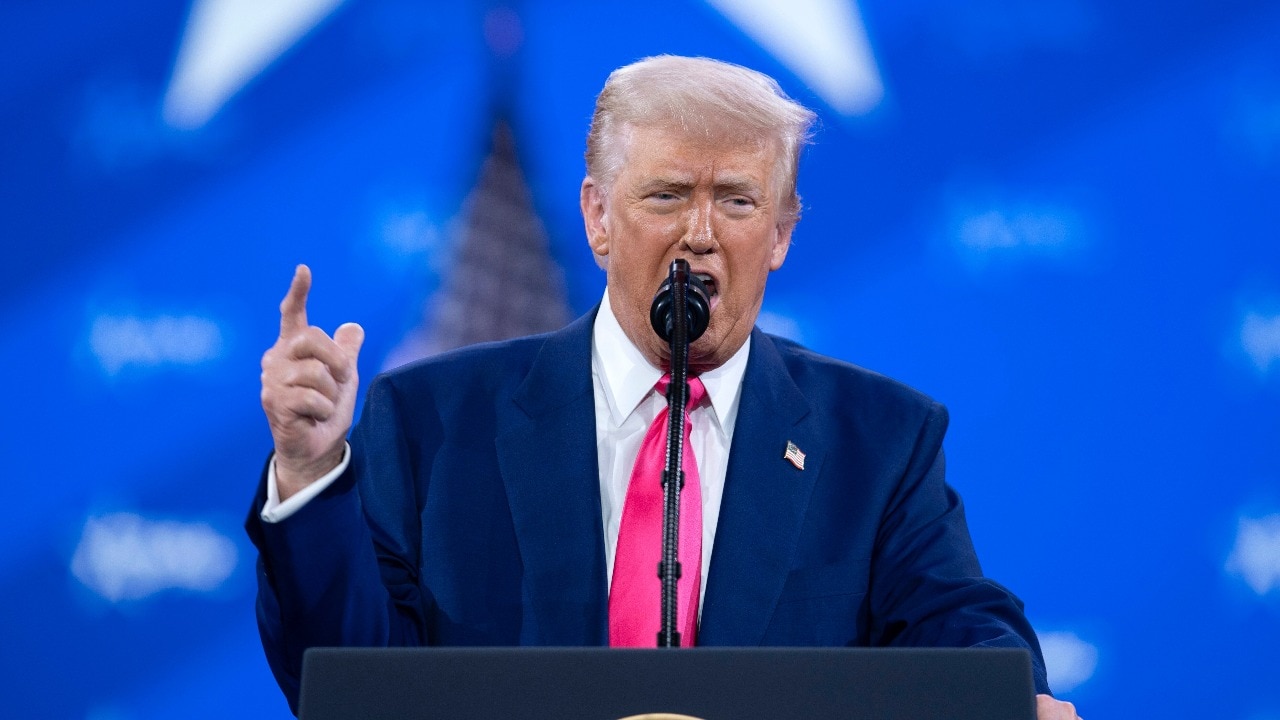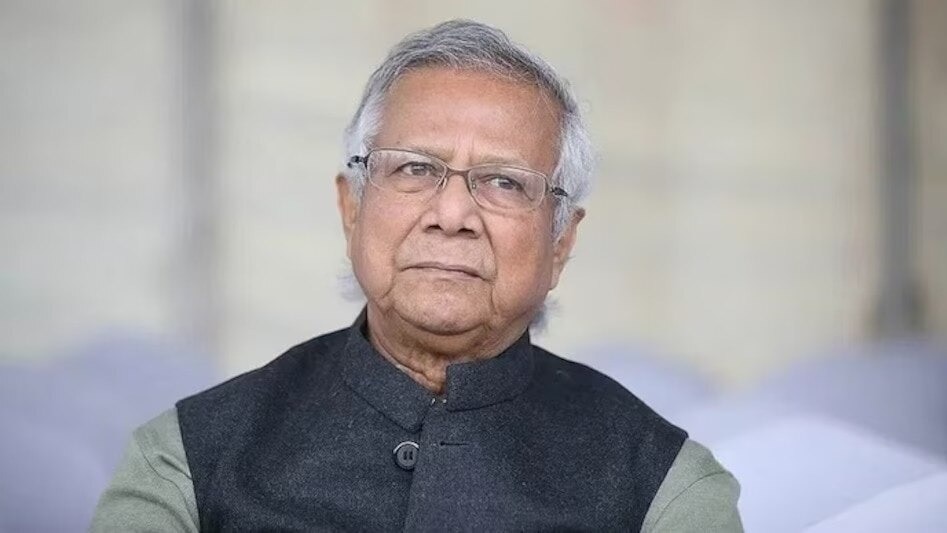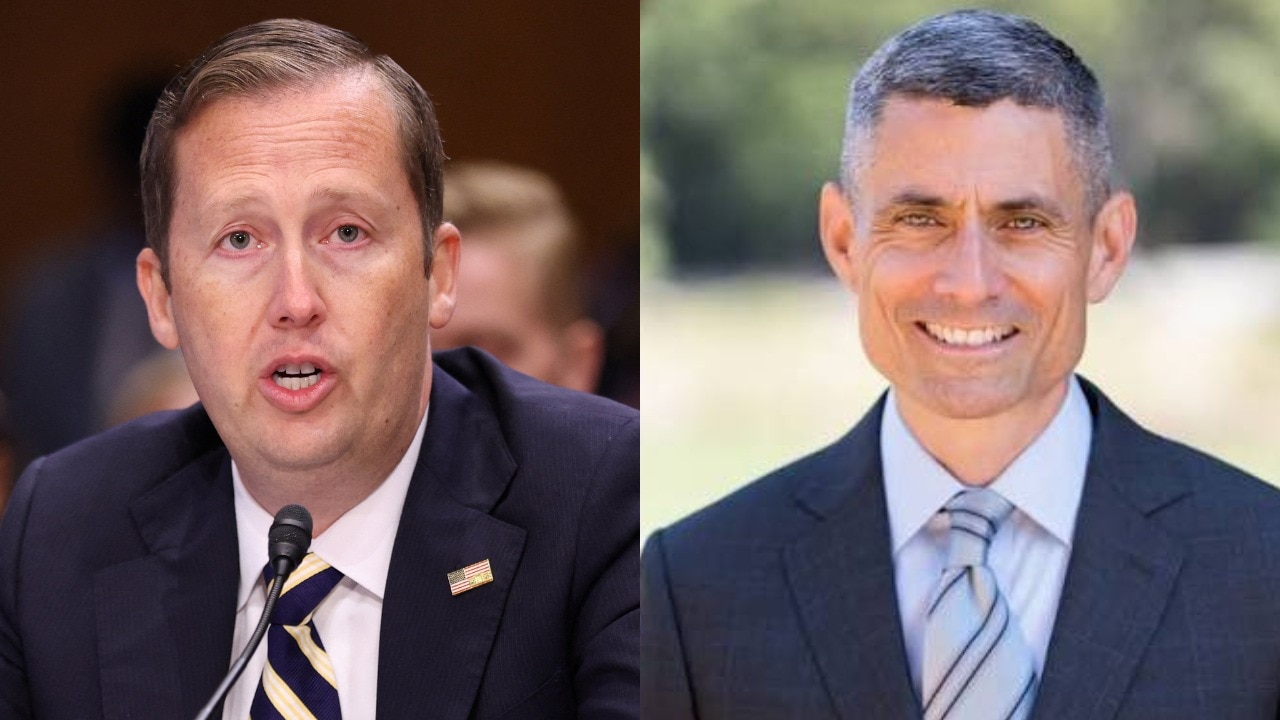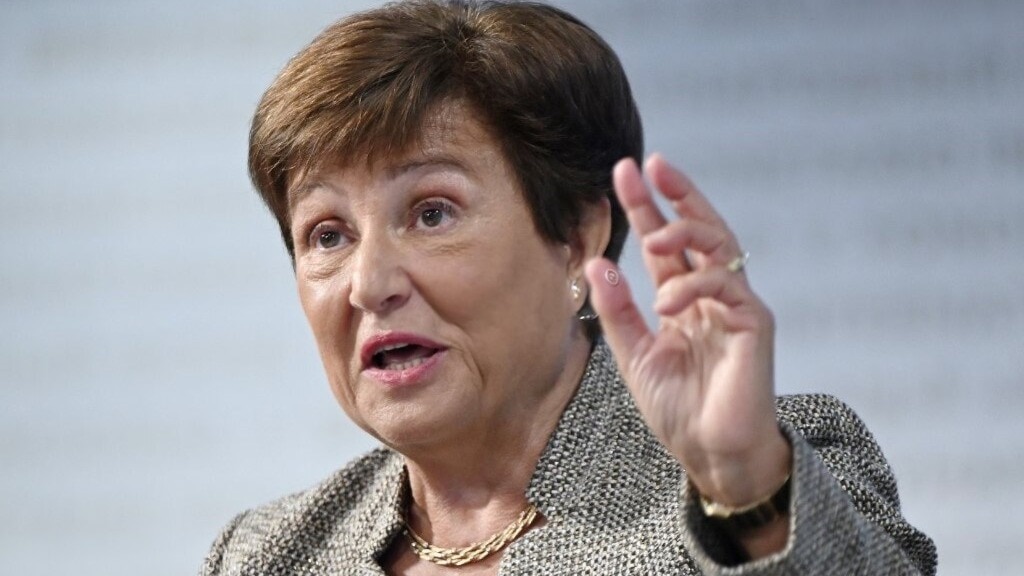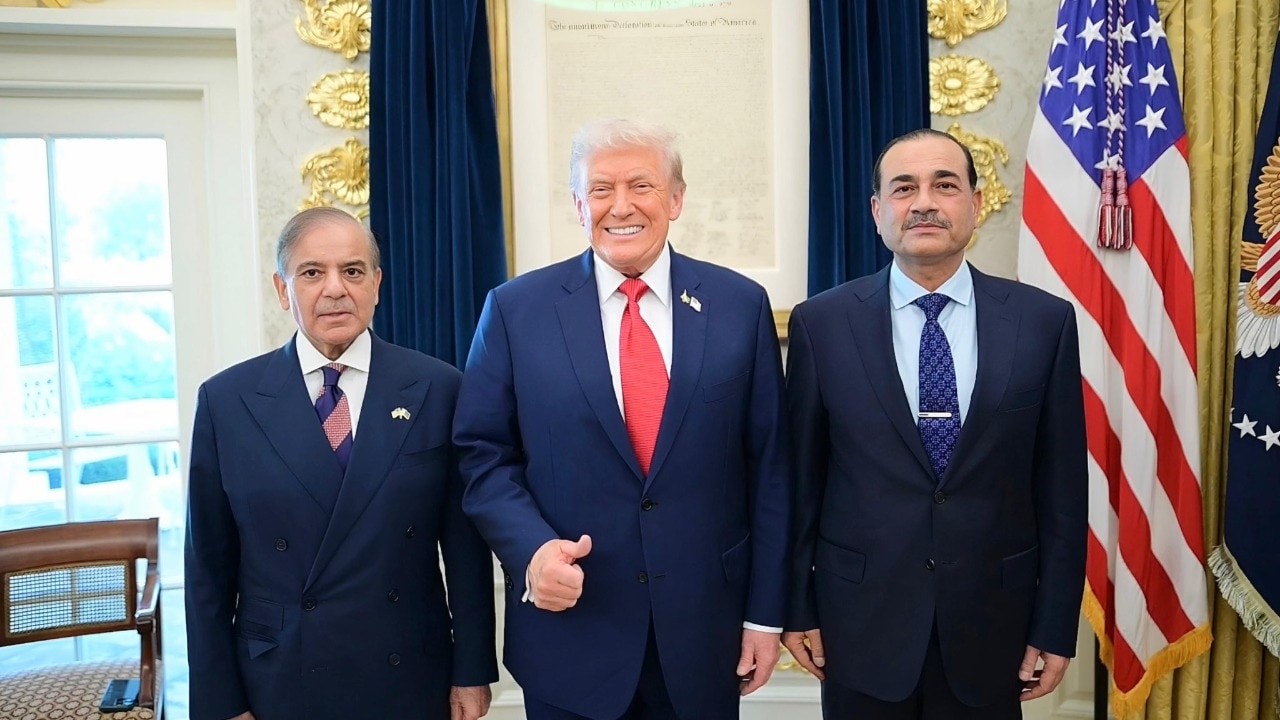David Lammy is facing possible legal action over a plan to invite staff from the oil firm Shell and the defence firm BAE Systems to work inside the Foreign, Commonwealth and Development Office.
A pre-action letter seen by the Guardian warns the foreign secretary that the scheme leaves the government open to allegations of a conflict of interest and creates the potential for “improper influence”.
The scheme, which was first mooted by Lammy in March, is supposed to embed FCDO staff in firms to gain commercial experience while inviting private-sector staff to take placements in government.
The Corner House, an environmental organisation, has raised concerns about alleged issues of compliance with human rights and other legal obligations.
Leigh Day, the solicitors firm, has written to the FCDO warning that it may bring court proceedings on behalf of The Corner House. A legal letter seen by the Guardian claims that the scheme could be illegal and in breach of the civil service code.
The letter, addressed to Lammy, has highlighted:
An alleged lack of transparency as to how the proposed scheme will operate.
The potential for improper influence by representatives of Shell and BAE Systems on UK government practices, including in relation to foreign policy.
The potential for conflicts of interest.
Nicholas Hildyard, the founder and director of The Corner House, said: “This scheme cries out for judicial scrutiny. Seconding employees from powerful corporations to the Foreign Office or other ministries and vice versa is a recipe for potential serious conflicts of interest.
“Both Shell and BAE Systems have been accused of human rights violations in the past. This alone places them on a collision course with the government’s stated commitment to upholding human rights and international law.”
It is understood that Shell disputes any claims of wrongdoing in the pre-action letter.
Lammy raised the prospect of placing diplomats in multinationals in March. In a speech at the Chambers of Commerce, he said the FCDO would have to undergo a “sustained cultural transformation” to fully represent the interests of business.
“Today I have written to the CEOs of some of the UK’s largest firms offering to send diplomats on placements to each of them, building on existing examples of placements at firms like Barclays and Octopus Energy, and offering each of them the opportunity for members of their teams to spend time gaining experience in the FCDO,” he said.
Lammy wrote to Wael Sawan, the chief executive of Shell, to float the idea of an exchange programme.
In a letter obtained by a freedom of information request, Lammy said his ambassadors around the globe had been tasked with helping “our companies in landing contracts, overcoming market access barriers, and winning investment internationally”.
“I believe that the FCDO and Shell have a strong shared endeavour in trying to interpret and navigate the fast-evolving geopolitical context,” Lammy wrote.
In June, the foreign secretary was reported to have invited staff from Shell and BAE Systems into Whitehall diplomatic roles to help “champion their interests overseas”.
Lammy told the Times: “I will always put the economic interests of British workers first.”
An FCDO spokesperson said: “We are striking new partnerships with British businesses to harness their expertise, champion their interests overseas and drive growth for the British public.
“Part of the programme will see diplomats offered the opportunity to spend time working at some of the country’s biggest firms in order to bolster their commercial knowledge and experience.
“Secondments between the civil service and the private sector are commonplace and the FCDO already sends staff on secondment to private companies, multilateral organisations and NGOs.”
BAE Systems was approached for comment.

 1 month ago
1 month ago



